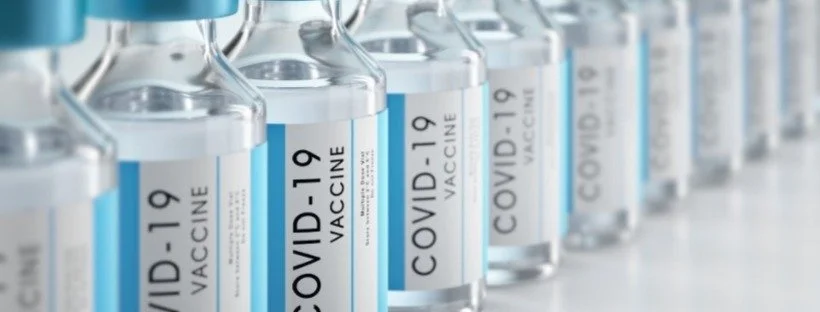Vaccines
By: Jennifer Lee
Since the first vaccine was created, people have come up with myths about them. However, many of the myths do not properly represent the effects vaccines have. Vaccines were made to prevent diseases and make it less likely for people to contract the disease. This is done by injecting the virus causing the disease. The virus is weakened to the point where it won’t harm the person. By injecting the weakened virus, the immune system can learn how to fight the disease without actually contracting it. Examples of vaccines are the yearly flu-shots and the Covid-19 vaccines. With the use of vaccines, smallpox, a deadly disease that has been around for thousands of years, has been exterminated.
Even though vaccines have been an important part of healthcare, there is still much stigma and many myths about them. This is mainly due to lack of knowledge about vaccines. Some myths include vaccines that cause neurological disorders like autism. There is no link between the two, however, this myth may be caused by the lack of information on why these disorders occur. Many myths have been made by anti-vaccination groups along with reasons why vaccines aren’t needed. Anti-vaxxers have made claims that less infections is due to better hygiene, sanitation, nutrition, etc. instead of vaccines. They are correct that these things have contributed to less infections, but vaccines prevent the spread of the disease.
Covid-19, or coronavirus, has become a huge part of our everyday lives. This is why getting vaccinated at this time is even more important than before. With the Covid-19 vaccines, Moderna and Pfizer-BioNTech, the spread of Covid is expected to slow. However, since it was developed so quickly and side-effects ranging from mild to severe have been reported, some people are hesitant about receiving one. There are also myths that the vaccine can give you Covid (the vaccine does not contain the virus itself making this impossible), or even alter your DNA (the mRNA, or messenger RNA, would have to be able to enter the nucleus, which it cannot, for this to happen). On the news, articles show people dying after receiving a vaccine. This is mainly caused by other underlying health factors like heart diseases. Anti-vaxxers have made claims that the high recovery rate of Covid means that receiving the vaccine isn’t necessary.
However, they fail to take into account the lasting effects Covid has. These comments and myths towards the Covid-19 vaccine make achieving herd immunity much more difficult. People fear the effects of the vaccine and the claims made by anti-vaxxers support their fears making it even less likely that they will get vaccinated.
Vaccines have proven to be beneficial tools to bettering the quality of human lives and eradicating diseases. Getting vaccinated will not only prevent you from getting diseases like Covid-19, but will also protect the people around you. Hopefully with the Covid-19 vaccines, life will go back to normal.
Sources:
www.cdc.gov/vaccines/vpd/vpd-vac-basics.html
www.ncbi.nlm.nih.gov/pmc/articles/PMC4718347/
www.who.int/news-room/q-a-detail/vaccines-and-immunization-myths-and-misconceptions www.cdc.gov/coronavirus/2019-ncov/vaccines/facts.html
www.webmd.com/vaccines/covid-19-vaccine/news/20210129/anti-vaxxers-mounting-internet-campaigns against-covid-19-shots
